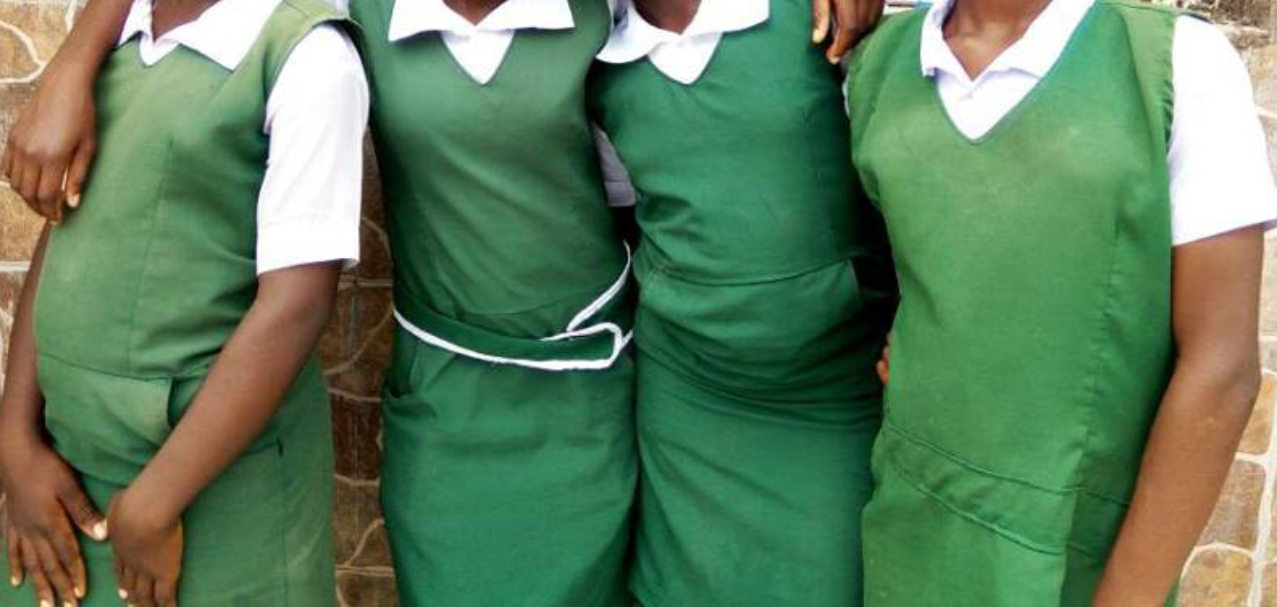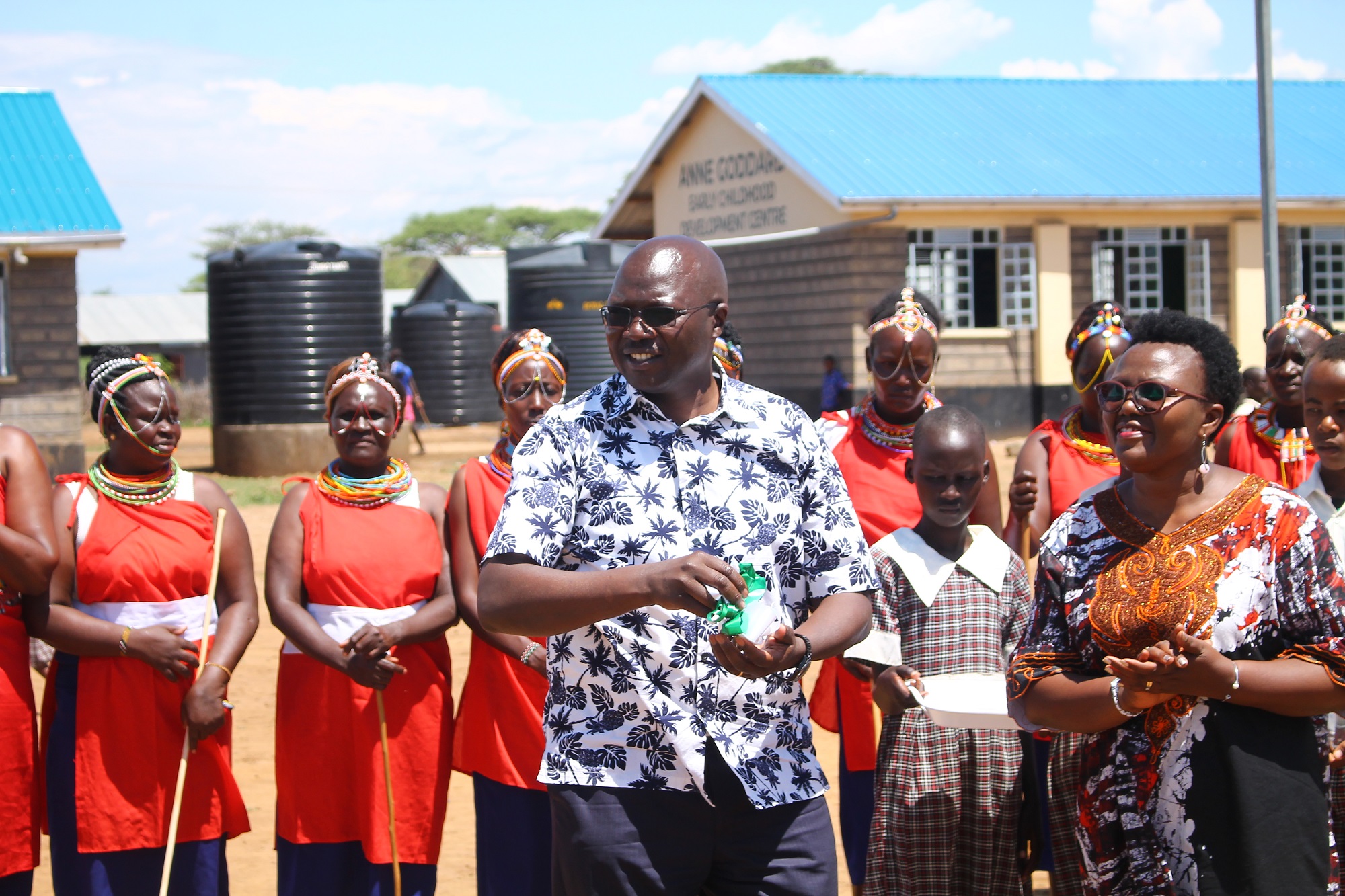The impact of the Covid-19 school closures on teenage girls and its adverse negative effects on education is becoming clear. Worrying reports from different countries across Africa indicate that hundreds, and in some cases thousands, of girls are either pregnant or married, or both. For example, in Kenya it was reported that over a period of three months during the lockdown, 152,000 teenage girls became pregnant. The figure for the whole country may run into several thousands.
Now that most schools have reopened, teenage pregnancy may stop many girls from returning to school. Falling pregnant at this tender age is very unfortunate, but that does not mean that their lives should end there. They can still rise beyond this if they choose to and if society supports them. While we condemn the vice in the strongest terms possible, we should not condemn the girls to doom. Allowing girls to return to school may help to secure a brighter future.
One of the pillars of the Sustainable Development Goals (SDG) is the pledge to leave no one behind. SDG 4 seeks to ensure inclusive and equitable quality education and promote lifelong learning opportunities for all. This includes all girls – even those who have fallen pregnant. All girls have a right to education regardless of their pregnancy or motherhood status. Education is a human right. Unfortunately, Sub-Saharan Africa has the highest rates of education exclusion globally. Over one-third of youth between the ages of about 12 and 14are out of school. Sub-Saharan Africa also has the highest adolescent pregnancy rates in the world.
As a continent that is already lagging in education, blocking girls from enrolling back in school only makes things worse. To address this, there is urgent need to provide tailored and comprehensive solutions to pregnant teens and young mothers that will enable them to access learning opportunities. These solutions should be in line with the girls’ needs and available resources.
For example, while some girls may choose to go back to high school, others may opt for vocational training. Or while one may choose to go back to their former school, another may want to join a new school to avoid stigmatization. Girls should be given the option to choose the schools where they would like to continue their education.
Community engagement is key to enabling girls to return to school. By adopting a community-based approach that works with communities, parents, teachers, governments, policy makers and the affected girls, we can reach more families to make sure the girls are protected and that families are encouraged and supported to let them return to school. Such community-based child protection systems can also be very effective in ending stigmatization of pregnant teens and young mothers by their peers, parents and wider communities.
Financial barriers to education must also be addressed. Vulnerable girls are often unable to stay in school even when school fees are covered because of other expenses. Financial aid programs such as unconditional cash transfers can help families to cover indirect schooling costs. If at all a young mother is to be supported to go back to school, then we should try to relieve her from worrying about buying school uniform on top of worrying about providing for her child. Cash transfers can effectively address the financial barrier in enabling girls to return school.
Schools should also be monitored to ensure total compliance.
At ChildFund, we are implementing an unconditional cash transfer program in 9 countries in Africa that is enabling families to meet their basic needs including access to education. So far, 84,235 families have received US$2,690,972.
See Also >> Nine Primary School Girls Get Pregnant at the Same Time!
Governments should also adopt laws and policies that fully support reentry of young mothers to schools without stringent conditions and lift any existing regressive policies that discriminate against pregnant girls. Schools should also be monitored to ensure total compliance. They should welcome young mothers back to school without imposing stringent conditions.
If truly we must leave no child behind in the quest for universal education as envisioned in SDG 4, then the right to education of pregnant girls and young mothers should be guaranteed. All stakeholders in the education sector, including governments, policy makers, schools, parents and communities must work together to give this vulnerable group the opportunity to continue their education. Protect pregnant girls’ and young mothers’ right to education, do not discriminate against them.












![Michael Joseph's global profile is immense thanks to his time as Founder CEO of Safaricom - the region's most profitable company. [Photo/ Tech-ish]](https://businesstoday.co.ke/wp-content/uploads/2022/04/images-36.jpeg)
Leave a comment